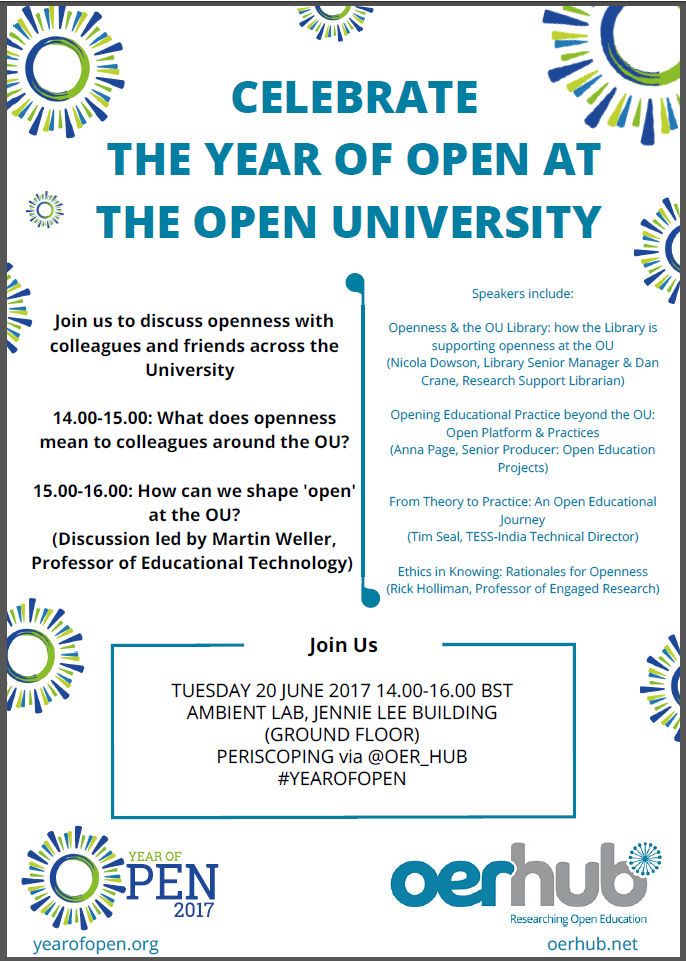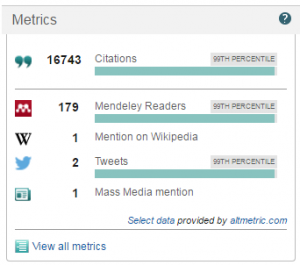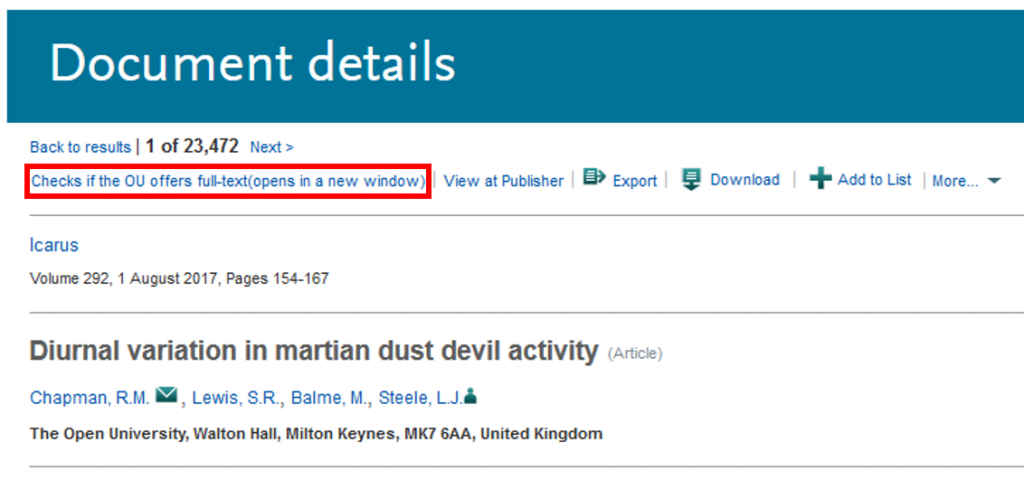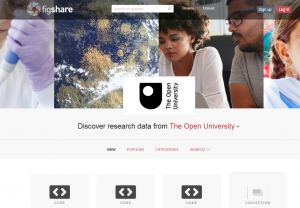
Web of Science is a renowned abstract and citation database. It has wide coverage and facilitates analysis of its content, which can help identify links between past and current research, between collaborators or between funding and research impact, for example.
It is well-known among researchers but, for those of you who have yet to use it in anger, here are a few reasons for taking a closer look:
It has a lot of content
Web of Science contains over 33000 journals. It also covers books, conference proceedings, data sets and patents back to 1900. Whilst its index is not as big as Scopus and some other sources, its size is still considerable and makes it worth considering as a place to start finding literature for your research or as a dataset for analysis.
The content is tightly curated
Many people believe that one of Web of Science’s main strengths is that its content is chosen by a team of experts. The idea is that only high-quality and relevant publications are included. Furthermore, it is generally felt that the metadata and citation data is high quality.
It is a source of bibliometrics
You can easily see the citation count for an article (highlighted red here) on the search results page:

You can also click Create Citation Report from a search results page to get more insight into the citation data:

Furthermore, Web of Science provides Journal Impact Factor scores. Journal Impact Factor is a contested metric (see this Science article or this piece on Occam’s Typewriter to get a flavour of the criticisms) but, for better or worse, it is still used and it can be useful to know how to access it. Simply click on a journal’s title from a search results page to see its Impact Factor and related metrics:

You can also link through to Journal Citation Reports form Web of Science, which allows you to explore Journal Impact Factor and other journal-level metrics in more detail. Follow the “Journal Citation Reports” link (highlighted red here) at the top of the page:
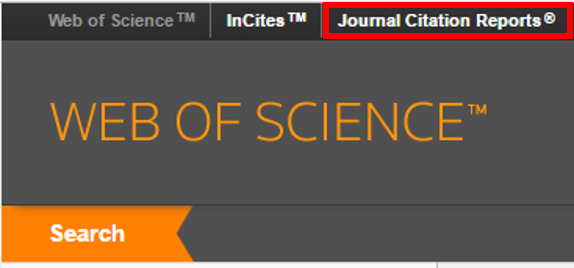
Indeed, if metrics are your bag, than Web of Science is one of the main sources worth investigating. You can get more general information on our bibliometrics page.
However, as an abstract and citation database, Web of Science requires you to link out to access the full text of articles. Indeed, there is no guarantee that The OU will subscribe to the full text – use the “Checks if the OU offers full text” link for an article (highlighted red below) to find out:

You can log into Web of Science (OU student or staff credentials required) to investigate for yourself.


